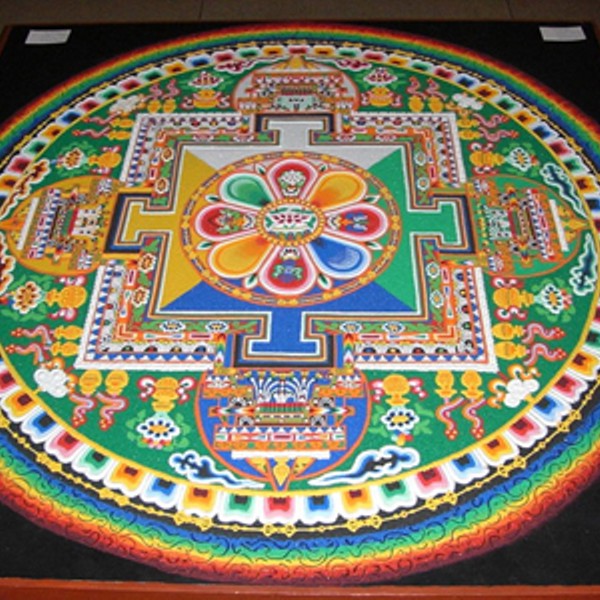As the world churns, the rest of the solar system keeps moving, silently and dependably. As it does, the current positions of the planets make what are called "transits" to our natal chart—they touch and act on the positions of the planets when we were born. Many transits happen to everyone each year, but there are some events that stand out in the course of a lifetime.
One thing is for sure: These transits arrive, and when they do, the thing to do is meet them with clear intent and willingness to grow.
Most of the major transits (sometimes called key life transits) that astrologers work with involve the slow movers: Saturn, Uranus, Chiron, Neptune and Pluto. Howard Sasportas once described these as the gods of change, because when they come through our lives, our lives become different.
They are moments of transformation, and though not everyone has a "good time" going through them, with astrological help they can be easier, more meaningful and more consciously useful. It's rare, however, that people have astrological help or even the most basic information available to them.
Most people know of at least one key life transit—thanks to the Internet, "Saturn return" is a household phrase. That's the transit that happens when Saturn returns to its own natal position in your chart, completing a full 29-year cycle—one of the most meaningful steps on the way to adulthood. The second Saturn return is about restructuring one's life on the way into later adulthood (what used to be called "retirement"). There are a number of other Saturn transits as meaningful as the return, so if this theme resonates but you're at a different age, you may be having one of them.
A Misunderstood Planet
Saturn may be the most misunderstood planet. Associated with structure, authority, and stability, Saturn has been called many things by astrologers that have propagated considerable unnecessary negativity. I consider Saturn to be the internal governing principle. If you structure and run your own life, you won't need someone to do it for you.
While you may hear Saturn associated with being stuck, there are few more dependable agents of change and progress than this planet. For those who fear loss, I would remind you of the words of Patric Walker, who suggested that Saturn always gives more than it takes away.
One of the most significant elements of Saturn is the structuring of time. Both the themes of "time" and "structure" are from old delineations, but the structuring of time is something I've adapted from the work of Dr. Eric Berne. In his book Games People Play, he describes the ability to structure time as a necessary prerequisite for sincere intimacy. We do not live forever, so if we want time enough for love, we have to make space for that experience. That's a necessary element of maturity.
With Saturn it's necessary that you do your part, and then it will do its part. This is to say, consider the themes I've mentioned. Be real to yourself and to what is indicated in your Saturn placement as you grow to understand it, and you'll be at a considerable advantage over others without this understanding. There are often associations with parents where Saturn is involved, and in this respect the message is simple: Resolve your relationship to them. Don't let them run your life vicariously, and know when you're aspiring (whether consciously or otherwise) to be them.
The transits of Saturn have a few themes in common—development of maturity, adjusting the structure of our lives, and focusing on the work that we do. Along with these themes, people undergoing Saturn transits will often experience changes or rearrangements in their relationships. This falls under the general heading of maturity and structure.
I know people who refuse to have intimate relationships with those who have not had their Saturn return; they are often too much like kids. When the Saturn return is done consciously, this is a transit that can help people settle into more grounded and mature attitudes and values. Your relationship to responsibility and the world around you is rearranged, usually in helpful ways.
That said, I suspect that the newest Saturn in Scorpio subgeneration is struggling a bit with these themes, owing mainly to the state of the world. I recently read that fully one-third of American adults are either unemployed or have given up looking for work. This placement lends itself to serious, clever, and committed people who take using their resources wisely as a cornerstone of their lives, in a world that seems to be squandering everything it has.
































